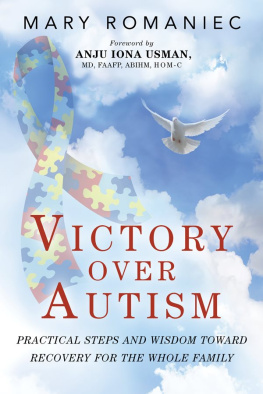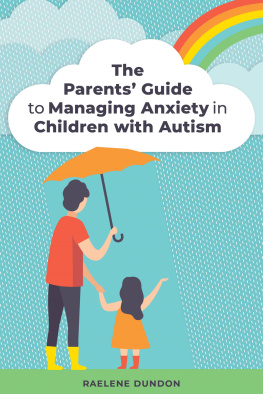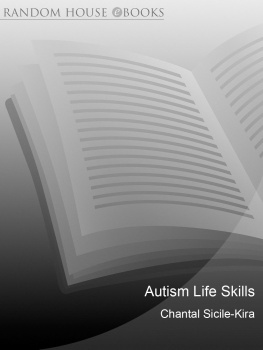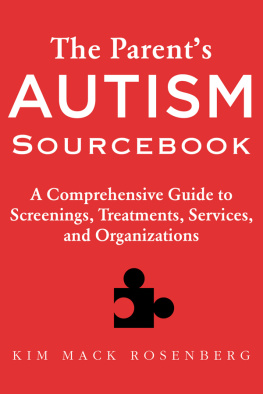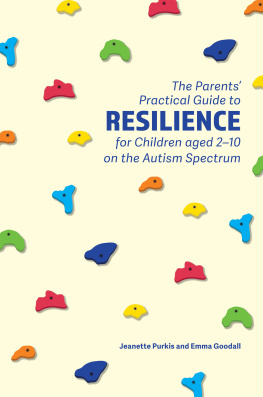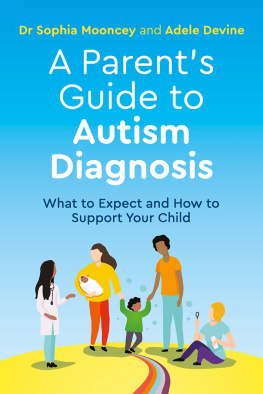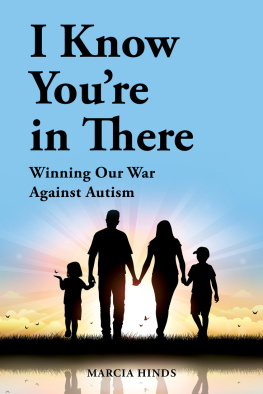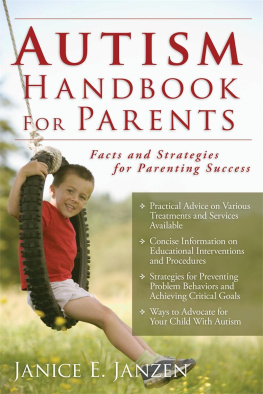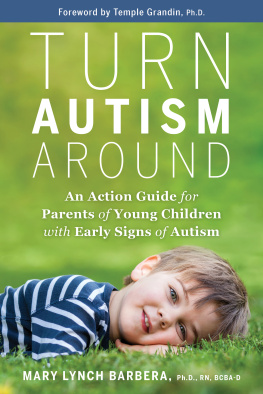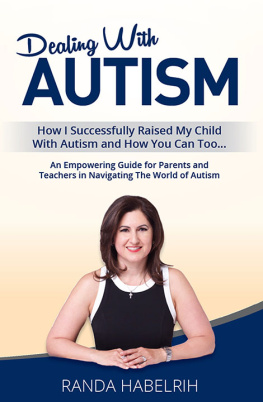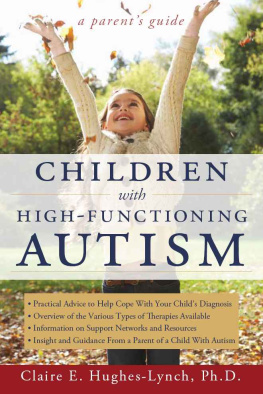
Copyright 2015 by Mary Romaniec
All rights reserved. No part of this book may be reproduced in any manner without the express written consent of the publisher, except in the case of brief excerpts in critical reviews or articles. All inquiries should be addressed to Skyhorse Publishing, 307 West 36th Street, 11th Floor, New York, NY 10018.
Skyhorse Publishing books may be purchased in bulk at special discounts for sales promotion, corporate gifts, fund-raising, or educational purposes. Special editions can also be created to specifications. For details, contact the Special Sales Department, Skyhorse Publishing, 307 West 36th Street, 11th Floor, New York, NY 10018 or .
Skyhorse and Skyhorse Publishing are registered trademarks of Skyhorse Publishing, Inc., a Delaware corporation.
Visit our website at www.skyhorsepublishing.com.
10 9 8 7 6 5 4 3 2 1
Library of Congress Cataloging-in-Publication Data is available on file.
Cover design by Brian Peterson
Cover photos: Thinkstock
Print ISBN: 978-1-63450-515-4
Ebook ISBN: 978-1-63450-845-2
Printed in the United States of America
Dedicated to the memory of
my nephew
Joshua Sway Derrick-Jones
December 5, 2010 January 21, 2012
Contents
by Anju Iona Usman, MD, FAAFP, ABIHM, Hom-C
Foreword
When you hear that your child has been diagnosed with Autism, your whole life makes a serious adjustment. As you find yourself being forced to multitask at a new level it is natural to become hyper-focused, as your main priority now becomes to help your child heal. While this drive and dedication can be a great virtue in the battle against autism, it can also leach attention needed to nurture and address other aspects of your life. When you become so concentrated on researching doctors, finding therapists, and studying treatments, there is a tendency to unconsciously neglect the side effects that autism can have on your family. Having a child with autism can emotionally, socially, and financially impact your family, marriage, other children, and even your own well-being.
As a family physician, I have been caring for patients diagnosed with autismas well as their familiesfor over fifteen years. I have had a front-row seat as the world has watched this epidemic unfold before our eyes. Being on the front lines of an epidemic that now affects 1 in 34 boys and 1 in 143 girls, I have struggled to help guide my patients and their families. I have incessantly read literature, conducted research, and attended think tanks. I have traveled around the world to discuss with parents, doctors, researchers, educators, and politicians about how to spread and exchange knowledge about this multifaceted disorder. I have incorporated diet, nutrition, nutraceuticals, herbs, essential oils, homeopathy, energy techniques, hyperbaric oxygen therapy, and detoxification strategies into my practice to hit every medical dimension of treating autism. However, in my search for medical answers, I have neglected one of the most important aspects of dealing with a chronic disorder such as autism: I have failed to attend to the mental, emotional, social, financial, physical, and spiritual impact it can have on each family. Only in the past few years have I realized the importance of tending to these secondary effects.
As a parent, I have been in your shoes. I have searched high and low for answers to help my own children. Although I do not have a child on the autism spectrum, I have three children with chronic medical and immune issues. Like you, I have exhausted all of my resources, time, and energy to help my children. Even with all my medical knowledge and hard work, I have struggled to address all aspects of each childs condition. My eldest daughter passed away from a peanut allergy, and my youngest daughter is living homebound as a result of dealing with multiple severe chemical sensitivities. By depleting my energy in dealing with sick children, financial obligations, and chronic stress, my marriage of twenty-six years has become a casualty. At times, I have felt hopeless, especially when my precious daughter passed away.
I know that when you are fighting for your child, it is easy to lose focus on your family, your other children, your marriage, and your own emotional needs. Yet, you will be surprised to learn that nurturing your other relationships and taking care of yourself is conducive to harmony in the home environment, and will actually help your sick child as an effect. Very few books have been written to confront these facets of autism. The question parents are faced with today is, How can I help my child with autism while also helping my spouse, our other children, andmost importantlymyself? In Victory over Autism , Mary Romaniec helps you navigate through your journey to help your child and family overcome the effects of autism. Whether you have just started your journey, or are further down the road, feeling defeated and desperate, know that you can find hope with the right tools. Hope is often considered a feeling. In my experience, however, it has been an active process.
In hindsight, I wish the tools and insights Mary provides in Victory over Autism had been provided to me when I was dealing with my personal and professional struggles. At this point in my life, I still work to care for sick patients, their families that have been torn apart, and my own childrens illnesses. Throughout my journey, I have found that people and resources like Marys book truly help guide and pull me through the tough times. There are days when the battle takes its toll, when I feel utterly defeated, but I know that, in the long run, there is a way to live this life and feel victorious in the end.
Anju Iona Usman, MD, FAAFP, ABIHM, Hom-C
Introduction
Not long ago, I sat at a lakeside beach as families splashed and played during a warm afternoon. In the midst of the happy sounds was the high-pierced cry of a child that I intuitively knew was on the autism spectrum, just from the decibel of his cry. I searched around for the child and his family at this beach, and sure enough, it was a toddler-aged boy that caught my attention earlier in the day because of how often he bolted from his mother. Its second nature in the veteran autism parent to recognize the symptoms when we see them. It was also second nature to go speak with the mother about her son and to offer some measure of information and hope in the course of the conversation.
Thats my lifemy mission, if you will; one parent at a time, multiplied by years of countless emails, phone calls, and private conversations. By the age of four, my son no longer met the diagnostic criteria for autism and was declared recovered by his pediatrician. Recovery does not mean the same thing as cured, however, because the underlying immunological issues will continue to exist and perhaps remain a lasting scar. But by all measures, Daniel is a typical teen, complete with the complexity of this age. He is also a testament to the endless possibilities ahead for the children being diagnosed today with autism.
There are many others who count themselves blessed with recovery for their child too. There are also many more families who cant claim recovery yet but still give of their time to speak to another parent who has just received the news that their child has autism. The science of understanding the nature and comorbidities of autism is just beginning to grow, as are the available treatment options. More importantly has been the growth in parental awareness that autism is treatable.
Next page
